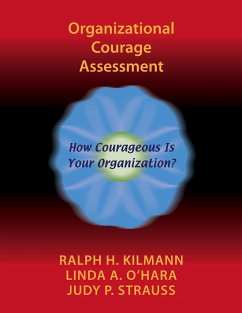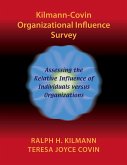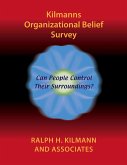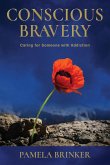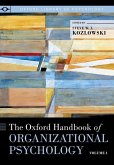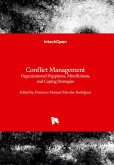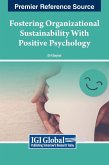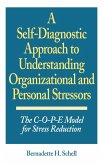The Courage Assessment takes only twenty minutes to complete and another fifteen minutes to graph the Courage Profile of a work group of five to fifteen members. Additional pages are provided for graphing Courage Profiles for whole departments and the entire organization. Next, the members of each work group can begin discussing the many implications of having been assessed as one of four types of organization: courageous, quantum, fearful, or bureaucratic organization. Two action recommendations can be offered that derive from the results of the Organizational Courage Assessment: First, an organization that is assessed as bureaucratic can become a quantum organization-applying the available programs and processes of organizational transformation. Thereby, members will be empowered to act on their internalized sense of what is in the best interests of the organization. If an organizational transformation is just not feasible, however, then the members in either a bureaucratic or fearful organization will have to become more courageous: to do what is needed for long-term success despite the risks of receiving negative consequences for challenging traditional practices, confronting their managers and co-workers, and ignoring official policies and procedures. Without performing the necessary acts of courage in a fearful organization (or in a bureaucratic organization), and thus without a personal transformation of the members, the danger arises of organizational members living with fear or, worse yet, giving up all hope for the future.
Hinweis: Dieser Artikel kann nur an eine deutsche Lieferadresse ausgeliefert werden.
Hinweis: Dieser Artikel kann nur an eine deutsche Lieferadresse ausgeliefert werden.

